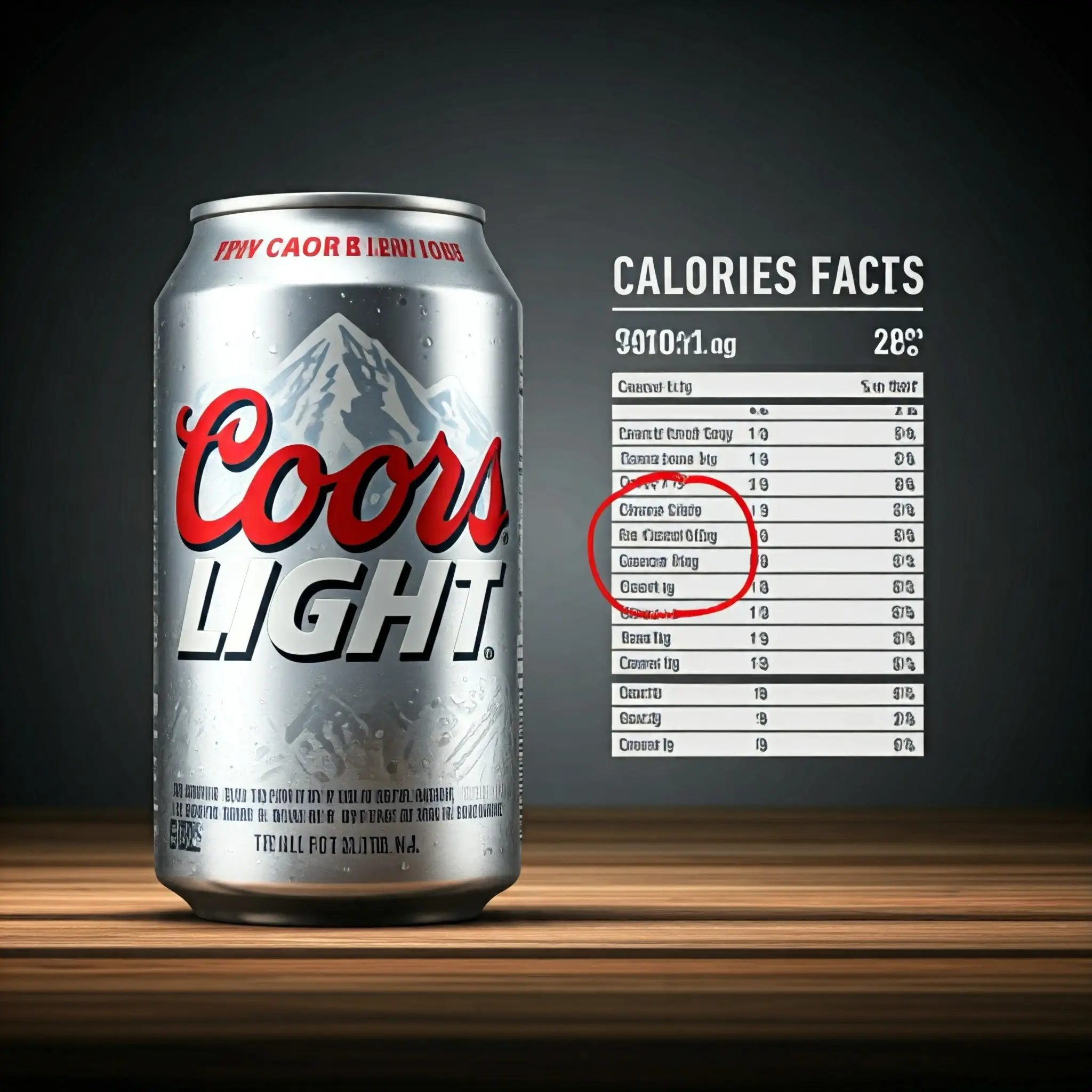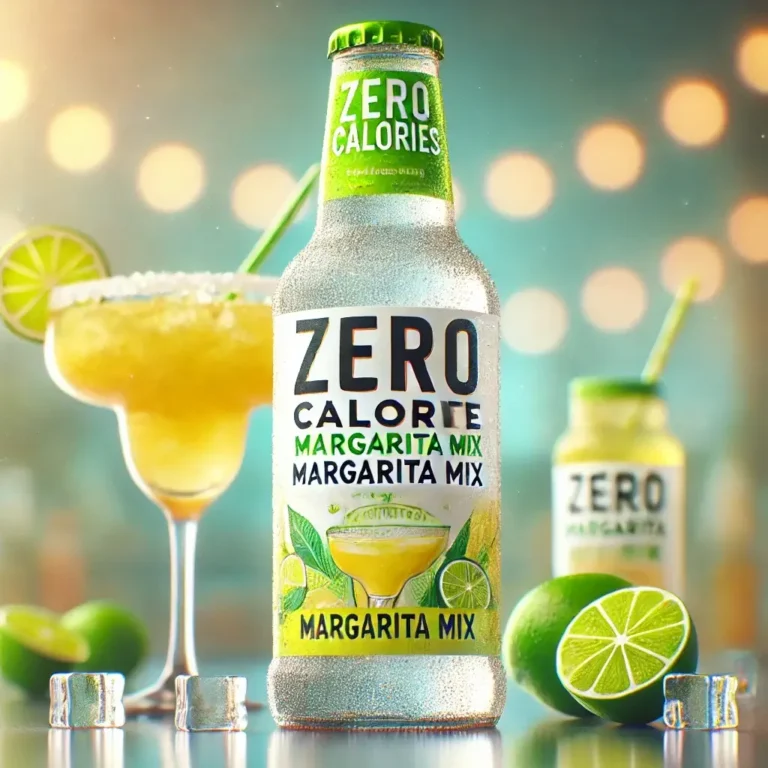Coors Light Calories: Everything You Need to Know
Introductory Hook – Option 3 (Question):
Have you ever wondered how many calories are in a can of Coors Light and if it fits into your diet plan? Whether you’re counting calories or just curious about your favorite light beer, understanding the calorie content of Coors Light can help you make more informed choices.
H2: What Are the Calories in Coors Light?
Coors Light is popular for those seeking a refreshing beer with fewer calories than regular beers. A 12-ounce can of Coors Light contains approximately 102 calories. The calorie count makes it an appealing choice for those who want to enjoy a cold beer without overindulging in calories.
H3: Comparing Coors Light to Other Light Beers
If you’re comparing Coors Light to other popular light beers, it’s important to look at calories, carbs, and overall nutritional content. Here’s how Coors Light stacks up:
| Beer | Calories (per 12 oz) | Carbs (g) |
| Coors Light | 102 | 5 |
| Miller Lite | 96 | 3.2 |
| Bud Light | 110 | 6.6 |
As you can see, Coors Light fits comfortably within the range of light beer options, making it a great choice if you’re counting calories. However, if you’re looking for fewer carbs, you might consider Miller Lite.
H3: Why Choose Coors Light?
One of the reasons Coors Light has a loyal fan base is its light, crisp taste without the heaviness of traditional beers. For those looking to unwind after a long day or enjoy a social gathering, Coors Light offers a balanced choice between flavor and calorie control.
Did you know? Light beers like Coors Light are brewed with fewer fermentable sugars, which helps lower the calorie count while maintaining the taste. It’s perfect if you want to keep your calorie intake in check without sacrificing enjoyment.
H2: How Many Carbs Are in Coors Light?
In addition to calories, carbs are an important factor to consider, especially for those on low-carb diets. A 12-ounce serving of Coors Light contains about 5 grams of carbohydrates. This is relatively low compared to regular beers, which can have anywhere from 10-15 grams of carbs per serving.
For those who follow a ketogenic diet or are simply looking to reduce their carb intake, Coors Light offers a middle ground. It allows you to enjoy a beer without significantly impacting your daily carb goals.
H3: Does Coors Light Fit into a Healthy Diet?
While it’s true that alcohol contains “empty calories” with little nutritional value, enjoying a Coors Light now and then can fit into a balanced diet. Here are some tips for incorporating Coors Light into your lifestyle:
- Moderation Is Key: Limit yourself to one or two beers to avoid excessive calorie intake.
- Pair with Healthier Snacks: Enjoy Coors Light with a plate of fresh veggies or lean protein to balance out the carbs.
- Stay Hydrated: Drinking water alongside your beer can help you stay hydrated and reduce the overall calorie impact.
Balancing your intake is crucial if you want to enjoy Coors Light while maintaining a healthy lifestyle.
FAQs About Coors Light Calories
A 16-ounce can of Coors Light contains approximately 137 calories. This larger serving size provides a bit more volume but still keeps the calorie count relatively low.
A 12-ounce can of Coors Light has 5 grams of carbs, whereas Miller Lite has about 3.2 grams. If you’re focused on reducing carbs, Miller Lite might be a slightly better option.
Yes, you can enjoy Coors Light on a low-calorie diet, especially if you do so in moderation. Just be mindful of your overall daily calorie goals.
No, Coors Light is not gluten-free, as it contains barley, which is a source of gluten. If you have celiac disease or are gluten-sensitive, it’s best to look for gluten-free beer options.
Key Takeaways
- Coors Light contains 102 calories per 12-ounce serving, making it a low-calorie beer choice.
- With 5 grams of carbs, Coors Light offers a balance between taste and nutritional considerations.
- Compared to other light beers, Coors Light provides a satisfying option without significantly increasing your calorie intake.
- Enjoying Coors Light in moderation can fit into a balanced diet when paired with mindful eating habits.


![[A close-up photo of a Costco hot dog in a bun, placed next to a nutrition label showing calorie and fat content.]](https://www.guidecalorie.com/wp-content/uploads/2024/10/Gemini_Generated_Image_k5359uk5359uk535-1-768x768.webp)
![[A bowl of creamy mac and cheese with golden, baked breadcrumbs on top. The image should highlight a fit, balanced meal that looks indulgent but is packed with nutrition. Alt text: Low-calorie, high-protein mac and cheese in a bowl.]](https://www.guidecalorie.com/wp-content/uploads/2024/10/DALL%C2%B7E-2024-10-12-14.45.45-A-bowl-of-creamy-mac-and-cheese-topped-with-golden-baked-breadcrumbs.-The-dish-appears-indulgent-yet-balanced-with-a-rich-and-smooth-sauce-coating-t-1-768x768.webp)

![Image description: A variety of colorful snack options for children, showcasing healthy and fun food choices.]](https://www.guidecalorie.com/wp-content/uploads/2024/10/Gemini_Generated_Image_8vw37z8vw37z8vw3-1-768x768.webp)

![[Image: A side-by-side comparison of different beverages with their calorie counts.]](https://www.guidecalorie.com/wp-content/uploads/2024/10/Gemini_Generated_Image_ijkiulijkiulijki-1-768x768.webp)